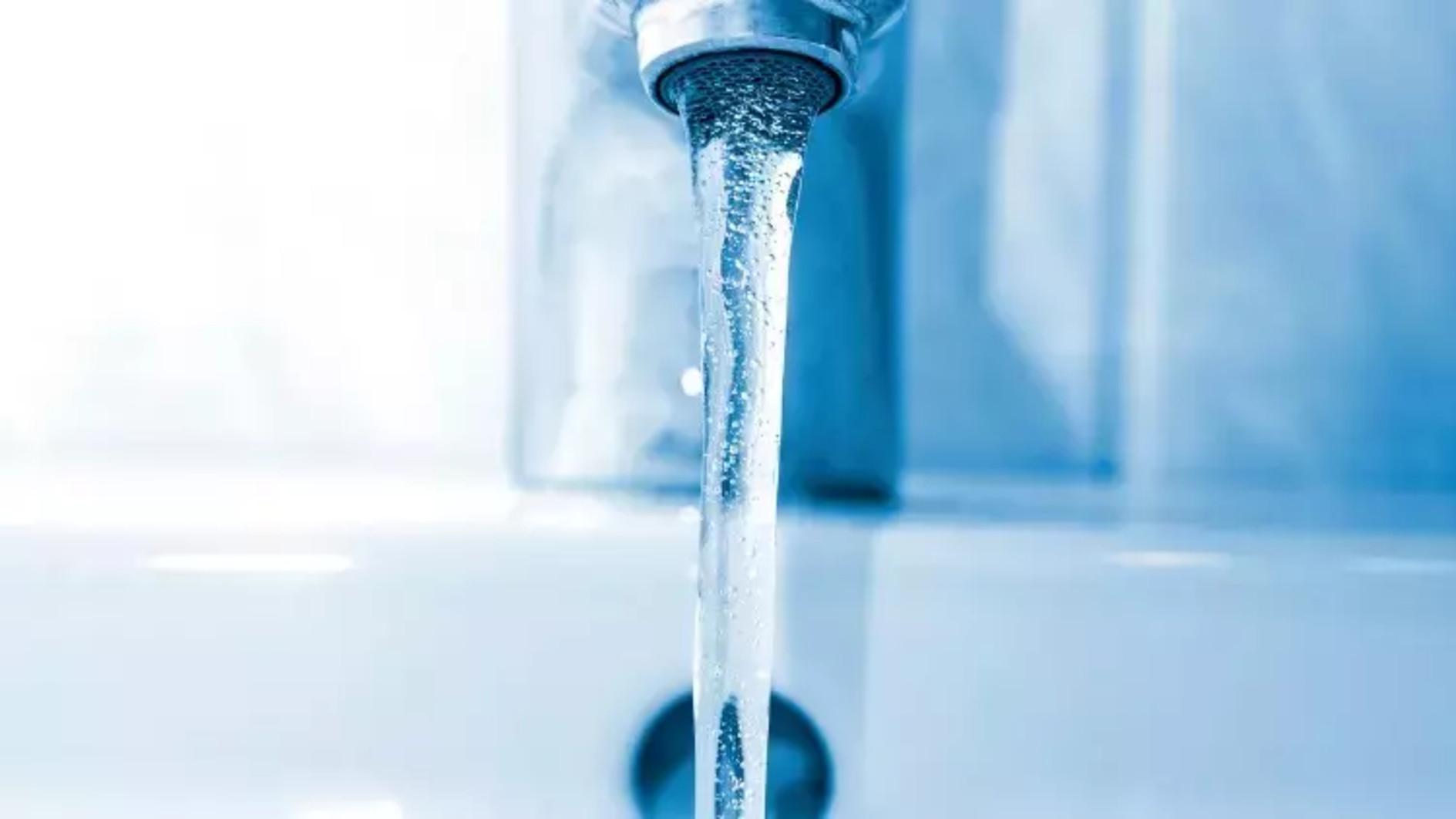
Agriculture and Forestry Minister İbrahim Yumaklı has unveiled a phased plan to reduce the country’s daily water consumption per person to below 100 liters in a bid to conserve dwindling water reserves.
Speaking at the second National Water Council Meeting on July 10, Yumaklı articulated that the ministry's ongoing efficiency initiatives aim to transform every drop of water into value. Scenario analyses are also being conducted to develop measures against the risk of water scarcity, with sectoral and individual water efficiency targets set for 2030 and 2050, he added.
"In this context, we aim to reduce our average daily water consumption, currently at 150 liters per person, to 120 liters by 2030 and to below 100 liters by 2050," Yumaklı said.
He further stated that the ministry intends to decrease the average water loss in drinking water systems, currently at 32 percent, to 25 percent by 2030 and 10 percent by 2050.
The efficiency of agricultural irrigation, which is approximately 50 percent, is targeted to rise to 60 percent by 2030 and 65 percent by 2050, he said.
Highlighting planned production practices focused on crop cultivation that will be implemented from September, Yumaklı emphasized the ministry's efforts to expand irrigation automation investments nationwide to prevent waste and losses in agriculture, thereby enhancing agricultural productivity.
Noting that 80 countries worldwide suffer from water scarcity, Yumaklı remarked that Türkiye is among the countries most affected by climate change.
"We are compelled to take constructive and collective steps for our water resources. As a nation, we adopt a basin-scale management approach to manage our water resources prudently and holistically."
In a previous address, Yumaklı noted that Türkiye is under water stress, pointing out that without necessary measures, the country is projected to join the ranks of water-scarce nations by 2030.